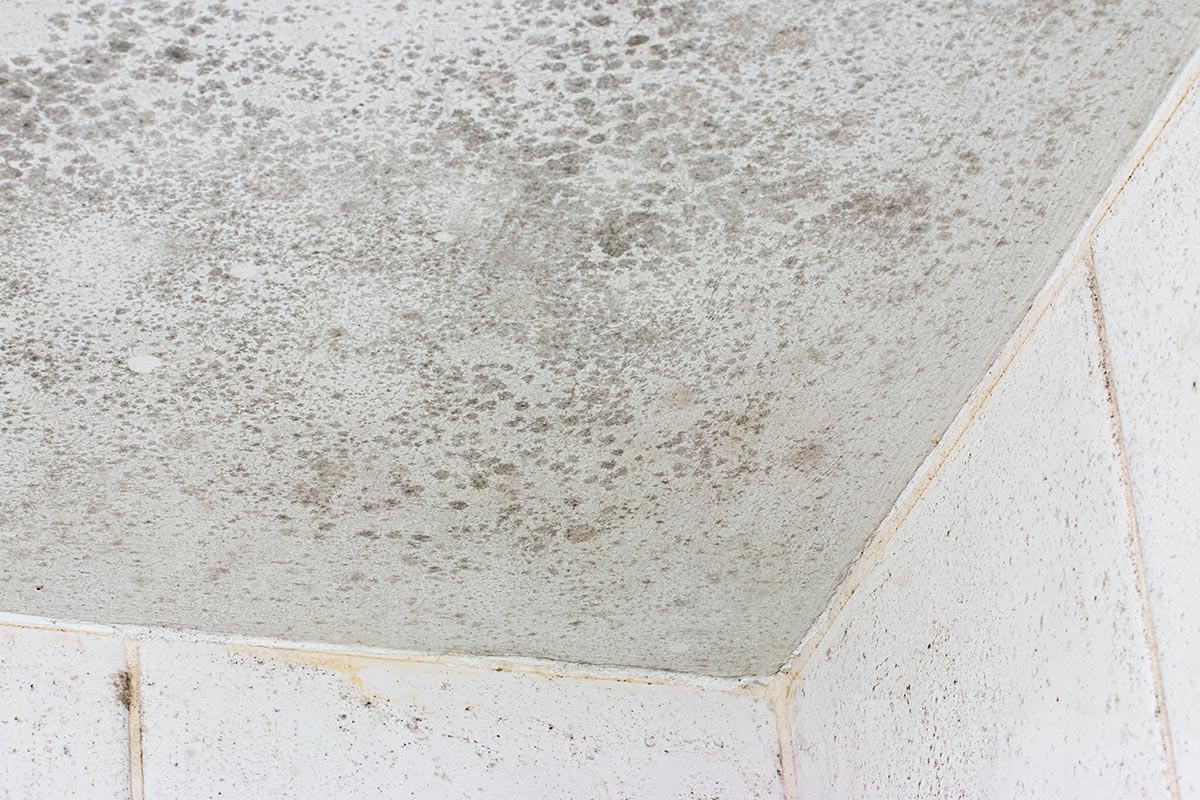You are viewing 1 of your 1 free articles
Large landlord fined £900,000 for putting residents at risk of contracting Legionnaires’ disease
Large housing association Sanctuary has been fined £900,000 for allowing vulnerable residents to use contaminated water at its sheltered accommodation in Birkenhead.

A Health and Safety Executive (HSE) investigation found that residents were put at risk of contracting Legionnaires’ disease after Sanctuary failed to manage the outbreak properly.
The investigation also found that staff handling the outbreak were “inadequately trained and supervised”.
The landlord pleaded guilty at Liverpool Crown Court to breaching Section 3(1) of the Health and Safety at Work etc. Act 1974. As well as the fine, it was ordered to pay £11,480.60 in costs earlier this month.
The bacteria was found in all 44 samples taken from water systems in the communal areas and flats at Vincent Naughton Court in July and August 2018.
Residents were evacuated on 24 August and returned in October and November 2018, after Sanctuary installed a chlorination unit.
A letter to residents from Sanctuary dated 3 August “misleadingly stated that the contaminated tap water could be stored in sinks and boiled in kettles”, the HSE said.
“More importantly, the letter failed to inform residents that they should avoid using their showers, which would lead to residents being exposed to the risk of Legionnaires’ disease.”
The group was also at a higher risk of contracting the disease due to their age and underlying health issues, the HSE said.
Rose Leese-Weller, an HSE inspector, said: “Sanctuary Housing failed to protect vulnerable residents living at Vincent Naughton Court through its mismanagement of the site’s water system.
“It is very fortunate that none of the residents became ill as they were allowed, without any proper warnings, to continue to use the grossly contaminated water for a large period of time,” Ms Leese-Weller said.
“Not only was there a failure by Sanctuary Housing to manage the risk of contamination in its water systems, but the company had not provided its staff with adequate instruction and training.”
A spokesperson for Sanctuary said: “The welfare of our residents and our employees is always our top priority.
“We entered a guilty plea to a breach of Section 3 of the Health and Safety at Work Act at an early stage in proceedings and, while no one was harmed as a result of the incident in 2018, we are sorry that on this occasion we fell short of the standards required.”
“We reviewed our legionella risk assessment processes in 2018 and implemented improvements to prevent this happening again,” they said.
The HSE prosecution was brought by HSE enforcement lawyer Kate Harney and supported by HSE paralegal officer Lucy Gallagher.
In May, an independent review of nearly 4,000 Sanctuary homes found that a lack of training among staff led to vulnerabilities potentially not being identified during repairs.
The review, commissioned by the 120,000-home landlord following an order from the Housing Ombudsman, found that repair inspections teams were not provided with adequate training to “sufficiently understand well-being, vulnerability and empathy”.
Sign up for our care and support newsletter
Already have an account? Click here to manage your newsletters











